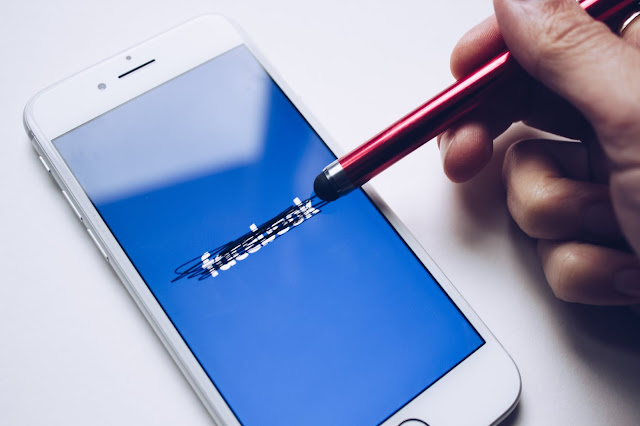All that buzz around FB ban, What are the actual rules ?
The Ministry of Electronics and Information Technology has announced its draft policies which are known as Intermediary Guidelines and Digital Media Ethics Code. This was supposed to come into effect from May 26, 2021. Companies failing to abide by these rules may face consequences. Several Social media companies like Facebook agreed to follow the rules where as Twitters' Indian counterpart KOO App already complied with the law before the deadline. However, Whatsapp (a Facebook subsidiary) moved to court to challenge this law.
- What's the story?
The Ministry of Electronics and Information Technology has announced a new law claiming to improve regulation and grievance redressal over digital medium earlier this year. The law known as Intermediary Guidelines and Digital Media Ethics Code received a mixed reaction from the industry where Whatsapp took the matter to court.
Now we will try to understand what the new law is all about in simple words,
The law proposes a grievance redressal mechanism that allows the user to reach out to the platforms for their issues and get them resolved in a stipulated timeline. This law also suggests that in case of serious acts like the publication of nude/sexual content the content must be taken down by the platform within 24Hours after receiving a complaint. It also suggests that the platforms should appoint an Indian resident Chief compliance officer, Nodal contact person, Resident Grievance Officer to resolve grievances quickly and also publish monthly reports on with mention of the number of complaint received and the number of action taken against it.
The most talked about topic of the law is to disclose the originator of the content where the law states "Significant social media intermediaries providing services primarily in the nature of messaging shall enable identification of the first originator of the information that is required only for the purposes of prevention, detection, investigation, prosecution or punishment of an offence related to sovereignty and integrity of India, the security of the State, friendly relations with foreign states, or public order or of incitement to an offence relating to the above or in relation with rape, sexually explicit material or child sexual abuse material punishable with imprisonment for a term of not less than five years. Intermediary shall not be required to disclose the contents of any message or any other information to the first originator."
Please note that this law is only for large tech companies (with more than 50lakh users), giving small players a ground to play without putting much burden on complying with the law.
This law also asked companies to allow users for voluntary user verification to keep the platforms more trustworthy. Among other important points, this law also suggests OTT platforms to form a self-regulatory system and three-tier grievance redressal mechanism system.
Read the Rules from PIB official site by clicking here.
- What's Next?
The law seems to have more positives than negatives from the point of view of an Indian user. Although the law is getting mixed reactions from the nation as well as the industry itself. Now as WhatsApp moved to court claiming that this will affect their end to end encryption policy and hence the data security and privacy of their users it will be interesting to see how things settle down as these things can be resolved with technological advancements which might increase the operational cost for the companies that they might not like to implement.








No comments